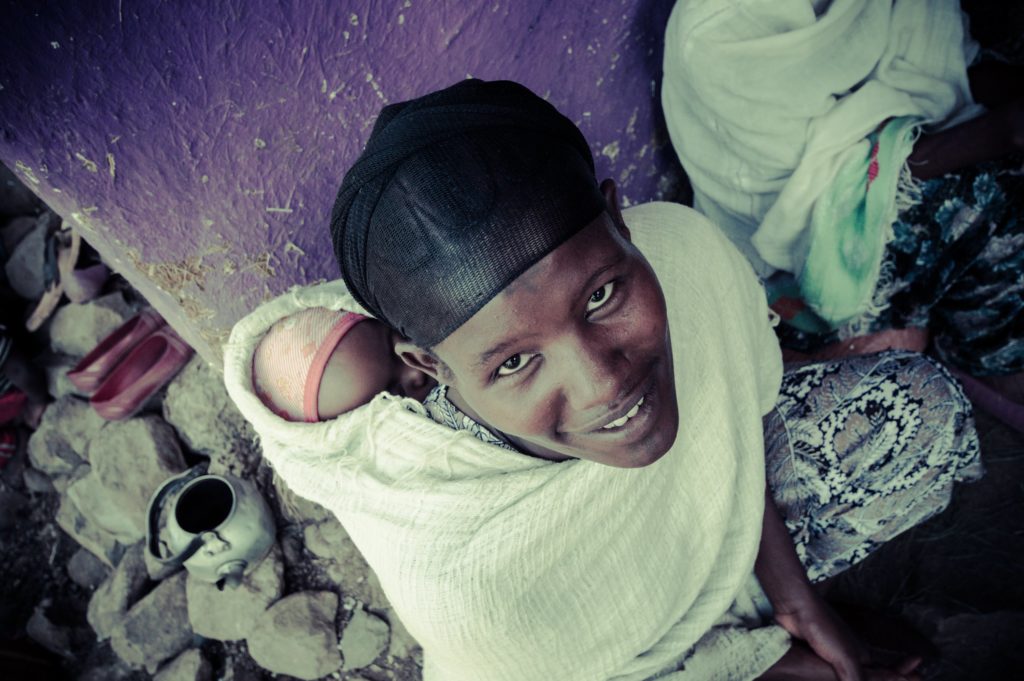Evidence to Action for Strengthened Family Planning and Reproductive Health Services for Women and Girls
Evidence to Action for Strengthened Family Planning and Reproductive Health Services for Women and Girls

Overview
Evidence to Action for Strengthened Family Planning and Reproductive Health Services for Women and Girls (E2A) (2011–2016) was USAID’s global flagship project for scaling up effective, evidence-based family planning and reproductive health practices.
Led by Pathfinder International, the project aimed to strengthen sustainable approaches for improved family planning and reproductive health service delivery and to ensure that women and girls have access to quality services through all stages of the reproductive life cycle. To accomplish these goals, E2A increased support, built evidence, and facilitated the scale-up of best practices that improve family planning services. E2A also worked with public and private organizations on health education; maternal, newborn, and child health care; and HIV prevention, care, and treatment.
We were a partner on this five-year project, focused on quality assurance, expansion of method choice, and reaching underserved populations with lifesaving services for mothers and newborns.
The project’s core mandates were to:
- Strengthen service delivery by increasing global support for family planning and reproductive health best practices
- Synthesize and disseminate knowledge about these best practices
- Apply and scale up these best practices
E2A followed through on these mandates by focusing on youth-related activities, increasing contraceptive method choice, and systematically scaling up proven family planning and reproductive health practices. Through E2A, we helped communities in many countries gain better access to family planning and reproductive health services.
Evidence to Action (E2A) Project Final Report: Driving the Next Generation of Global Family Planning Programs
Donors & Partners
Donors
The United States Agency for International Development
Partners
Pathfinder International
African Population and Health Research Center
ExpandNet
IntraHealth International
PATH